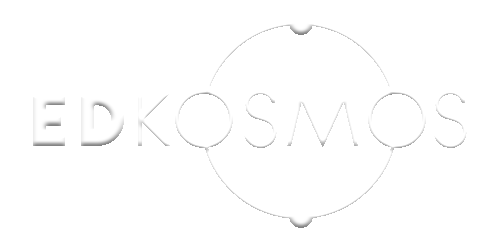Overview
Do you want to make a positive difference in the lives of young offenders or youth at risk of offending? Help improve the lives of young people in your community or who are involved in the justice system with a career in youth justice.
Unique in British Columbia, Douglas College?s two-year Youth Justice Diploma program blends studies in child and youth counselling, criminology and youth justice. Courses in behaviour theory, public policy, skill development and professional practice, plus real-world experience through two practicum placements, ensure you are prepared to effectively assist at-risk youth or those who are already involved in the justice system once you graduate.
During your education, you’ll take part in two supervised youth justice work practicums. These practicum placements often lead to permanent positions. You’ll do practicums in a variety of settings, including schools, youth?centres, custodial settings for young people in conflict with the law, community policing, victim services, outreach services and support services.
Get hired
The Youth Justice program at Douglas College enjoys an excellent reputation with employers, with many offering our students practicum positions and full-time jobs. As a graduate, you?ll be prepared for careers in a variety of social-service settings, including community and government agencies, school settings, treatment programs and justice system settings.
Social and community service workers are in high demand in B.C., with 12,000?job openings expected between 2021 and 2031. Workers in this industry can expect a median salary of $43,798 annually, with opportunities to advance in both pay and position as management-level roles for social, community and correctional services are also expected to increase in the coming years.
Further your studies
The Youth Justice Diploma transfers into the third year of Douglas College?s Bachelor of Arts in Child and Youth Care and the second year of Douglas?s Bachelor of Social Work. The diploma credits can also be used to fulfill some of the requirements for the Bachelor of Arts in Applied Criminology.
Your credential may also transfer to youth justice programs at other post-secondary institutions. Visit the B.C. Transfer Guide and your transfer university?s website regularly to confirm which courses transfer.



